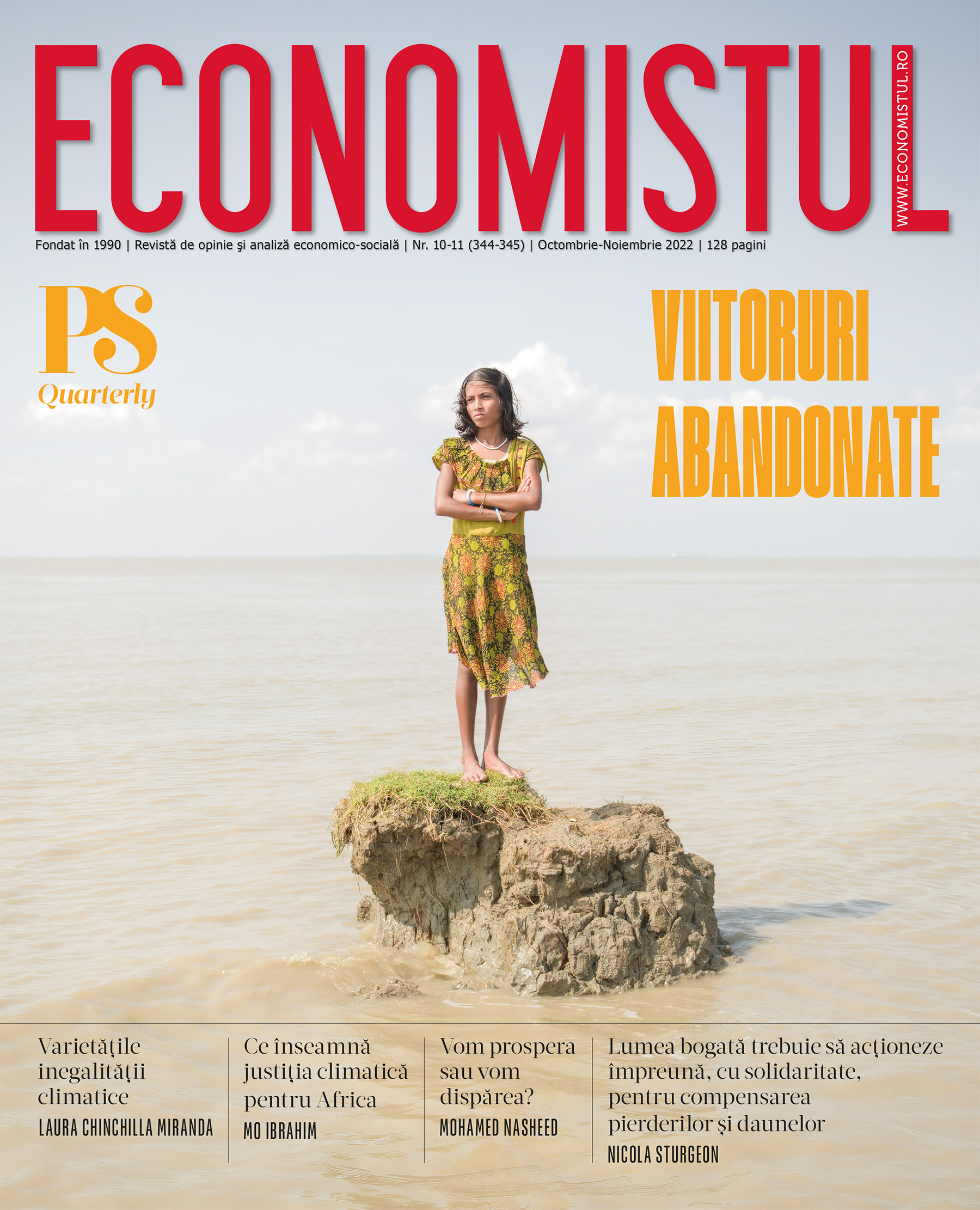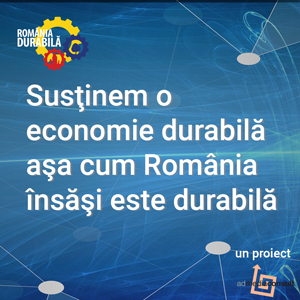by Radu Dudău and Mihnea Cătuți
The COVID-19 outbreak prompted governments worldwide to impose unprecedented restrictions on travel and economic activity. Coupled with a drop in global oil prices, which it largely caused, this crisis is producing imbalances in the energy sector, affecting both investments and the transition to decarbonisation. The dip in carbon prices, also a result of lower energy demand, shows the adversarial impact that the coronavirus crisis can have on the recently launched European Green Deal.
Efforts are being made to ensure that the economic recovery measures adopted at EU and national levels are in line with the long-term climate efforts. In this regard, particular attention should be given to the Southeast European member states that are both more vulnerable to such economic shocks and face distinct challenges in the energy transition.
In Romania, a drop in energy prices threatens further investments in the sector, while potentially ill-conceived governmental interventions risk creating lasting and unforeseen imbalances. In transportation, the renewal rate of vehicles is discouraged by low oil prices, while an influx of second-hand vehicles from Western Europe will further disincentivise the replacement of internal combustion engine cars. In the buildings sector, facing stricter and more costly energy performance standards, and largely dependent on shrinking public funds, the renovation rate of buildings could also be negatively affected.
In order to address this multifaceted crisis, an economic recovery plan should be designed to take into account both the more limited resources for countries in the Southeast Europe and the need to safeguard long-term climate objectives. Emergency short-term solutions for combatting the immediate social and economic risks of the coronavirus crisis should be combined with a set of policy and regulatory revisions that can ensure a smooth and sustainable post-crisis recovery.





